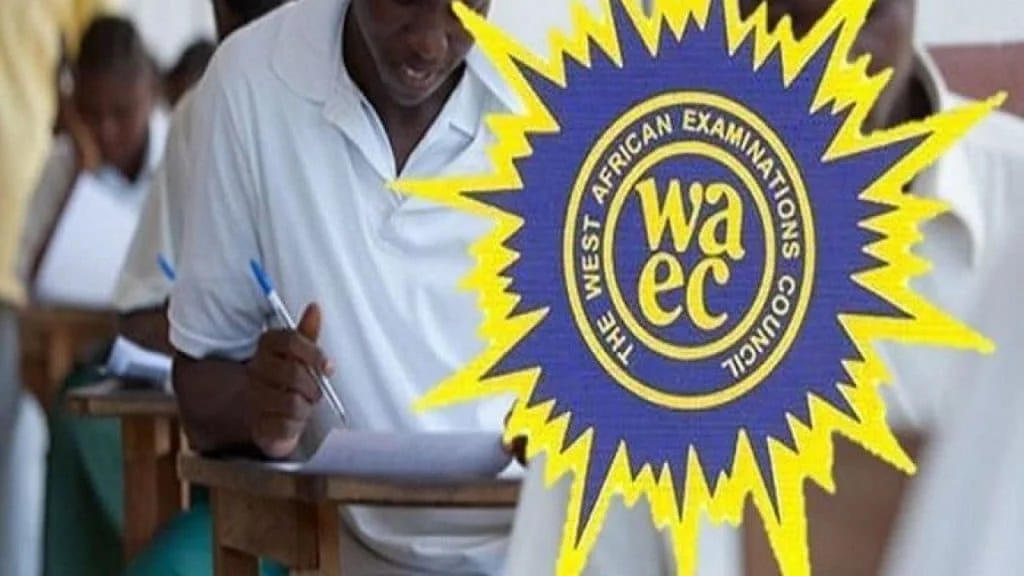Stakeholders in Nigeria’s education sector have raised concerns over the 2025 West African Senior School Certificate Examination (WASSCE) results released by WAEC.
INFOLAND reports that the council officially made the results available on August 4, 2025, for school candidates. Out of 1,969,313 students who sat for the exam, only 754,545 candidates, representing 38.32%, scored credit and above in at least five subjects, including English Language and Mathematics.
This marks a sharp decline compared to the 2024 results, when 72.12% of students achieved the same benchmark, showing a 33.8% drop in performance.
The mass failure has drawn strong criticism from parents and education groups, some of whom have called for the cancellation of papers, especially in English Language and Mathematics.
Stakeholders are also demanding an independent investigation into WAEC’s management, arguing that such a critical examination should not be subjected to “trial and error.”
Following public outcry, WAEC reviewed the results for Mathematics, English, Biology, and Economics after discovering technical glitches. The council apologized and temporarily withdrew access to the results to correct the issues.
The Nigeria Union of Teachers (NUT) described the situation as a system failure, pointing out that delays in conducting exams, particularly the English paper, negatively affected students’ performance.
The National Association of Nigerian Students (NANS) added that some exam conditions were poor and left candidates emotionally drained, with technical problems similar to those experienced during the UTME also affecting outcomes.
Teachers like Divine Mike criticized WAEC’s handling of the exams, calling it a national disaster and accusing the council of undermining Nigeria’s education system. He urged the federal government to investigate and reshuffle WAEC leadership.
Private school teacher Israel Chukwudi warned that such incidents could affect WAEC’s plan to implement full Computer-Based Testing (CBT) by 2026, questioning whether the council is ready given Nigeria’s digital infrastructure gaps in rural areas.
Some students affected by the results expressed disappointment and shifted their hopes to NECO exams. Ogwuche Aminu said the situation was unprecedented and hoped NECO would provide him a chance to continue his education.
Blessing Uguru noted that some failures were due to students’ lack of effort but remained optimistic about NECO outcomes.
Responding to the situation, the Minister of Education, Dr. Maruf Olatunji Alausa, reiterated the government’s commitment to transparency, accountability, and educational excellence.
He highlighted that malpractice rates have steadily decreased over the past three years—from 16.29% in 2023 to 9.70% in 2025—thanks to WAEC’s anti-cheating measures, including serializing question papers for key subjects.
The Minister emphasized the importance of teacher training and capacity building to prepare students better and urged cooperation to ensure every hardworking child has a fair chance at success.







